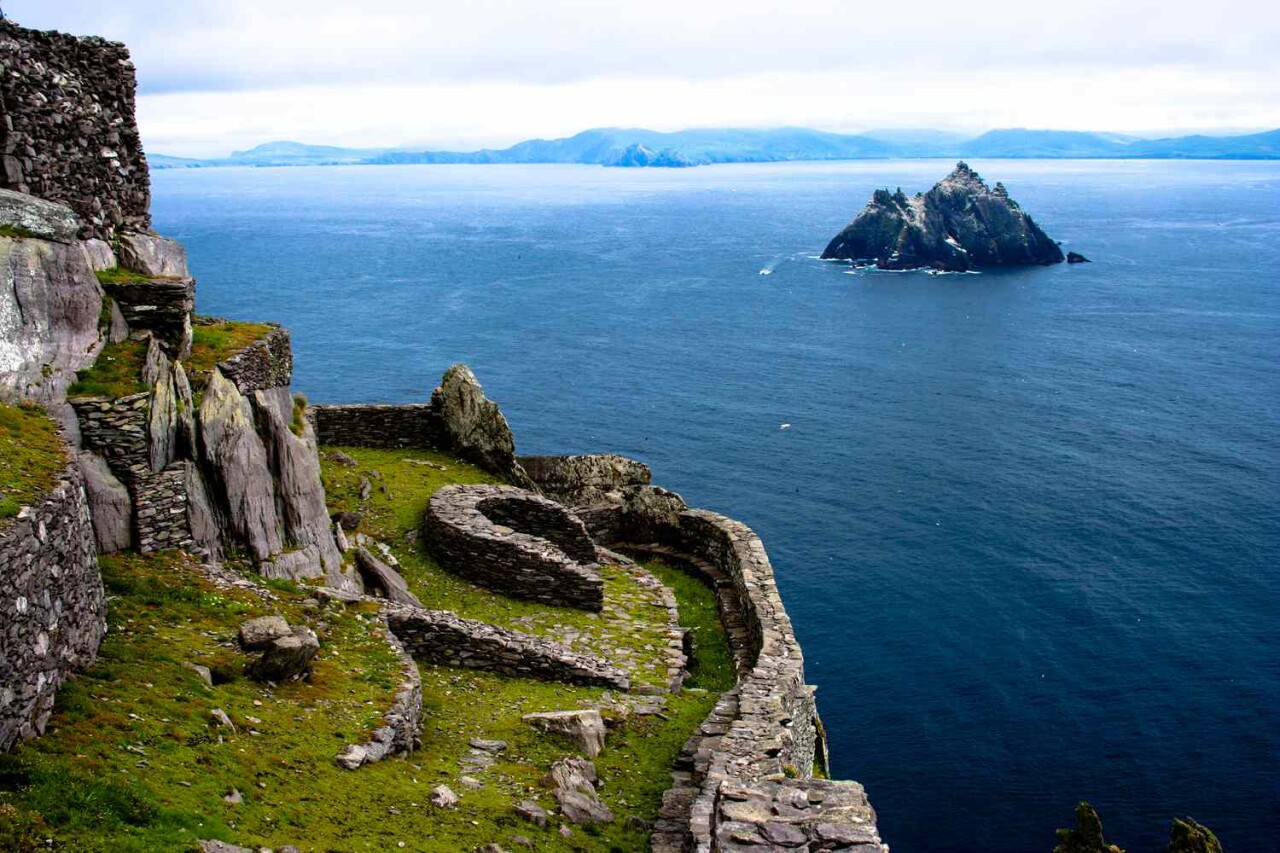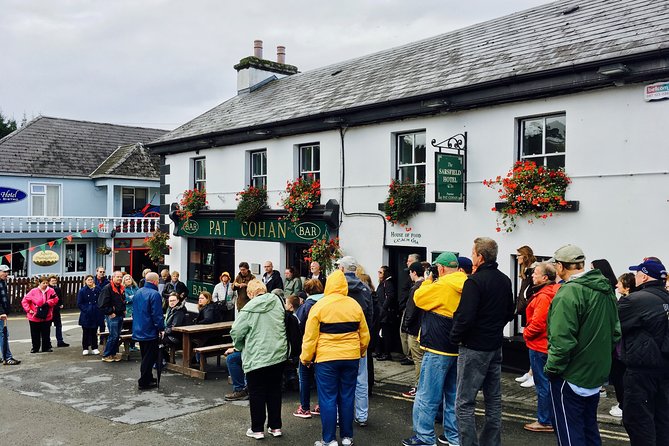





This study explores the intricate interactions that exist between tourism dynamics, the creation of cultural identity, and cinematic storytelling within the unique context of Ireland. It brings to light the transformative effects of film-induced tourism on Ireland’s socio-cultural fabric, environmental sustainability, and economic landscape. This is achieved by employing a multidisciplinary approach that encompasses desk-based research, site visits, and critical analysis of cinematic productions. The research also includes six detailed case studies of five films, each chosen for their significant impact on Ireland’s tourism and cultural perception through the landscape of cliffs, fields, and small towns. These films, through their narratives and portrayals of Ireland, have played a pivotal role in shaping the international image of the country and influencing tourist behaviour. A central aspect of this research is an in-depth examination of the theory of the ‘tourist gaze’ put forward by sociologist John Urry. This theory posits that tourists view places through a mediated lens, which is significantly influenced by cultural norms and film representations. The study explores how this gaze is constructed and how it shapes the tourist experience. Through a meticulous analysis of cinematic narratives, this thesis explains how idealised portrayals of Ireland in films generate aspirational tourism motivations. However, it also highlights the downside of this phenomenon, showing how it can aggravate overtourism, leading to environmental degradation and socio-cultural commodification. The study further illustrates the real-world effects of film-induced tourism through case studies of famous film locations such as Sceilg Mhichíl (Skellig Michael) and Cong. These case studies provide tangible evidence of the impacts of film-induced tourism, ranging from cultural homogenization to ecological pressure. Additionally, the thesis emphasises the dialectical tension that exists between the necessity of sustainable tourism management and the affective resonance of cinematic narratives. It underscores the challenges of balancing the economic benefits of tourism with the need to preserve cultural authenticity and environmental integrity. In response to these challenges, the thesis advocates for proactive interventions to mitigate the negative effects of overtourism. It suggests strategies for harnessing the promotional potential of cinematic storytelling in a way that supports sustainable tourism development. This study, therefore, provides valuable insights for policymakers, tourism managers, and scholars interested in the intersection of film, tourism, and cultural identity. It contributes to the ongoing discourse on sustainable tourism and the role of media in shaping tourist behaviour and destination image.